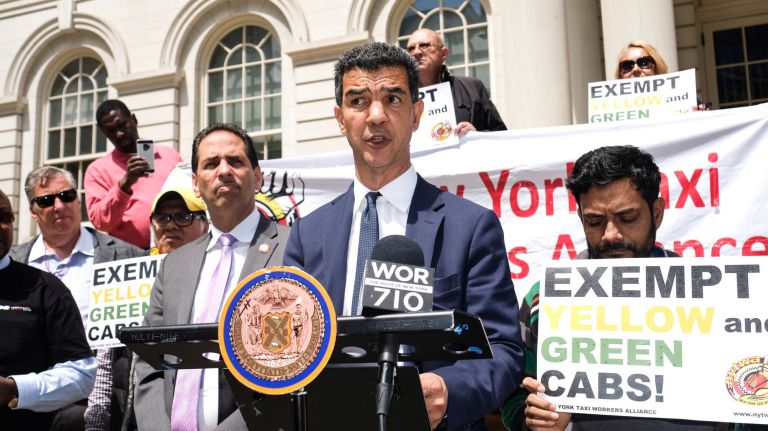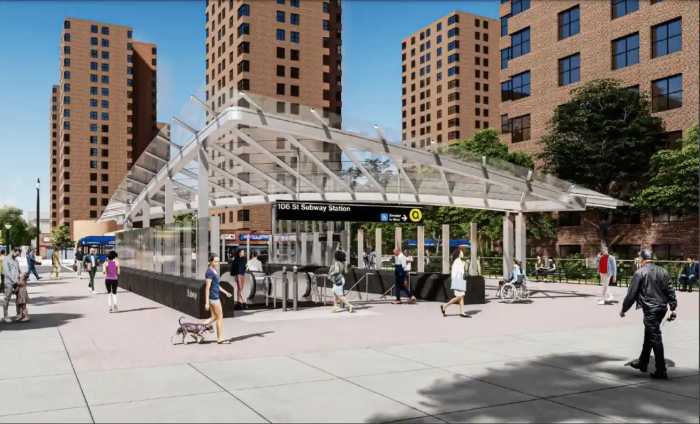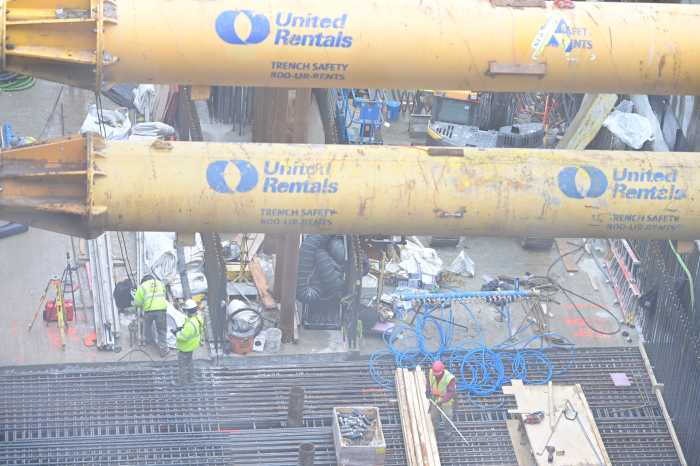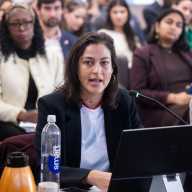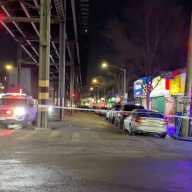
Yellow cabbies should be exempted from congestion pricing tolls coming to Manhattan as well as a surcharge that is already in place, according to two City Council members.
Councilmen Ydanis Rodriguez and Fernando Cabrera on Tuesday called on Gov. Andrew Cuomo and the MTA to establish the carveout before the new tolls take effect, which is expected in 2021. Their request came in response to an extensive investigation from The New York Times detailing how thousands of immigrant workers fell victim to predatory loans that saddled them with crippling debt, as lenders fattened their pockets and the government ignored warning signs.
“Our taxi drivers are currently facing a financial epidemic unlike we’ve ever seen. This crisis … did not happen overnight,” said Rodriguez, the chair of the Transportation Committee. "This is the result of an accumulation of lack of leadership and bad decisions for many decades.”
Yellow taxis and other for-hire vehicles are already subjected to a congestion pricing surcharge, which took effect in February. Yellow cabs operating in Manhattan below 96th Street saw an added $2.50 fee on top of the $5.50 base fare just to get in the vehicle. Ubers, Lyfts and other car services driving in the area are hit with a $2.75 surcharge.
The surcharge has angered the professional driving industry and arrived amid a series of driver suicides, which advocates have blamed on economic hardships plaguing the industry.
But the request to be exempt from the surcharge and a future toll flies in the face of transportation experts and environmental advocates who have argued exceptions would lessen the impact of the policy — both from the standpoint of traffic reduction and transit funding.
Rodriguez and Cabrera, the latter of whom opposes congestion pricing outright, are the latest politicians to speak out following the Times’ investigation, though the issues had been reported before and overlooked by city, state and federal elected officials. New York Attorney General Letitia James announced an investigation into lending practices around taxi medallions and Mayor Bill de Blasio followed with a separate investigation into the brokers involved in arranging the loans.
“The review will set down strict new rules that prevent broker practices that hurt drivers,” de Blasio said in a statement. “It’s unacceptable to prey on hardworking New Yorkers trying to support their families and we’ll do all that we can to put an end to it."
It’s not clear yet what impact the congestion surcharges will have on the yellow cab industry, though the former commissioner of the city’s Taxi & Limousine Commission predicted they would be “devastating.” Yellow taxi trips have actually increased slightly as the new fees took effect, from 247,315 average daily trips in January of this year to 252,634 in March. But monthly averages tend to have sizable fluctuations and trips are still down when you compare that three-month span to the same point last year — part of a long downward slide in trips that came as e-hails like Uber and Lyft flooded the city with cars.
The MTA and the governor’s office did not respond to requests for comment.
“Without an exemption from the congestion surcharge, taxi drivers — whether they are lease-drivers or owner-drivers — simply won’t earn enough to survive, even if their expenses go down,” said Bhairavi Desai, the executive director of the New York Taxi Workers Alliance.



